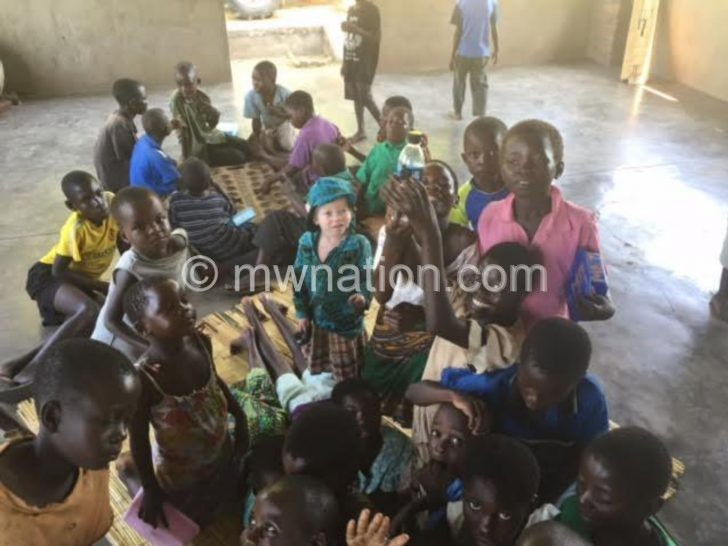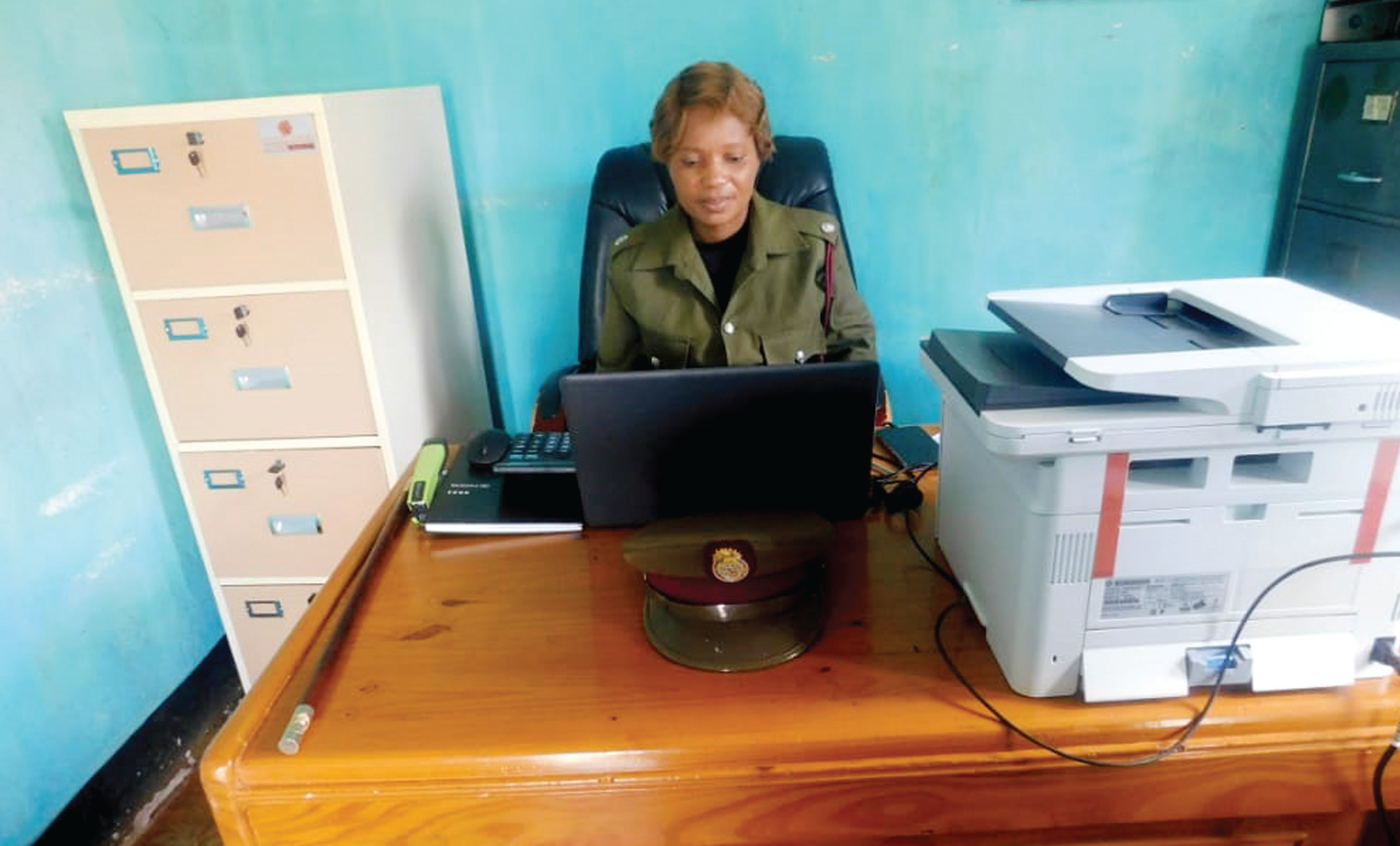Giving value, hope to children
Since November of 2007, Kids’ World Outreach Society (Kwos) has watched lives of children being transformed.
Today, several students have realised their value and are in vocational schools and universities around the country.

It started in 2007 under a tree next to the village headman’s house with 77 children.
Now, they serve 350 children from around Bodza Village in Chikwawa with breakfast, lunch, school fees, uniforms and medical care.
KWOS was originally established in Calgary, AB, Canada by the founder, Jordan Dowbush’s parents in response to a perceived need within the community to give children an opportunity to make better life choices and gain a sense of personal value.
After several years of volunteering in Malawi, Jordan Dowbush realised that KWOS could benefit the orphans of Malawi.
“I saw that many orphans in Malawi lacked a sense of personal value and had little ambition for the future. Many saw that their only purpose was servitude within the homes of their guardians and because they were not permitted to go to school, they had little hope for accomplishing any goals in life.
“I felt that KWOS could change this and help them understand that God loves them and that they have a purpose, hope and a future,” he says.
In 2007, after speaking with local church and community leaders, Dowbush identified the lower Shire’s East Bank as an area with a great need for orphan care. He assembled a group of like-minded Malawians to help him establish Kwos here in Malawi.
“Since November of 2007, we have been very privileged to watch lives being transformed and children growing up dreaming. Students who have grown up in our programme and have realised their value are learning how to contribute to the Malawian community,” says Dowbush.
The biggest challenge that Kwos faces, according to him, is the lack of value placed on the lives of children in the community.
He notes that rather than seeing potential within a child, most people only perceive the immediate ability.
“Trying to get the community to see an investment in the lives of the orphans as an investment in the future development and prosperity of the community is a very big challenge. This is especially true for girls who are often taught directly or indirectly that their only value is in marriage and child bearing.
“There is immense pressure on the girls to drop out of school and get married at a very young age and start producing children. When they do this, their husbands, who are often young men themselves, leave them in hopes of finding a life somewhere else where they do not have the ‘burden’ of a wife and child. This increases the number of at risk children and youth in the community,” Dowbush notes.
Dowbush was hopeful that with the success of the young women in their community growing up and getting educated, people’s view of the potential and value of young women in Malawi will improve greatly.
“When all members of a community are viewed with value and respect, a community can grow and prosper. We hope for the day when we will see the communities around our campus excelling because of prosperous young people that have made good choices towards their future,” he says.





